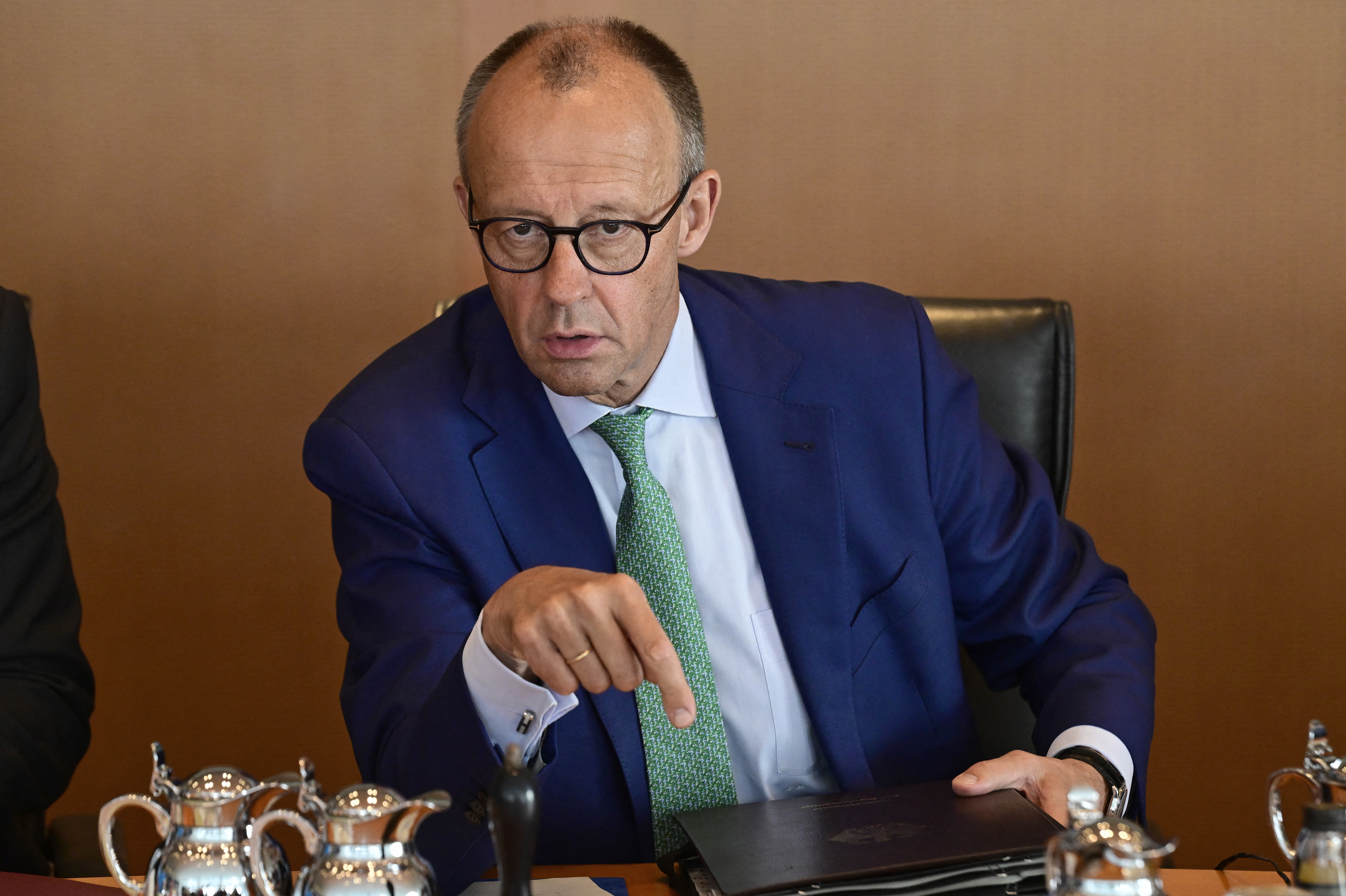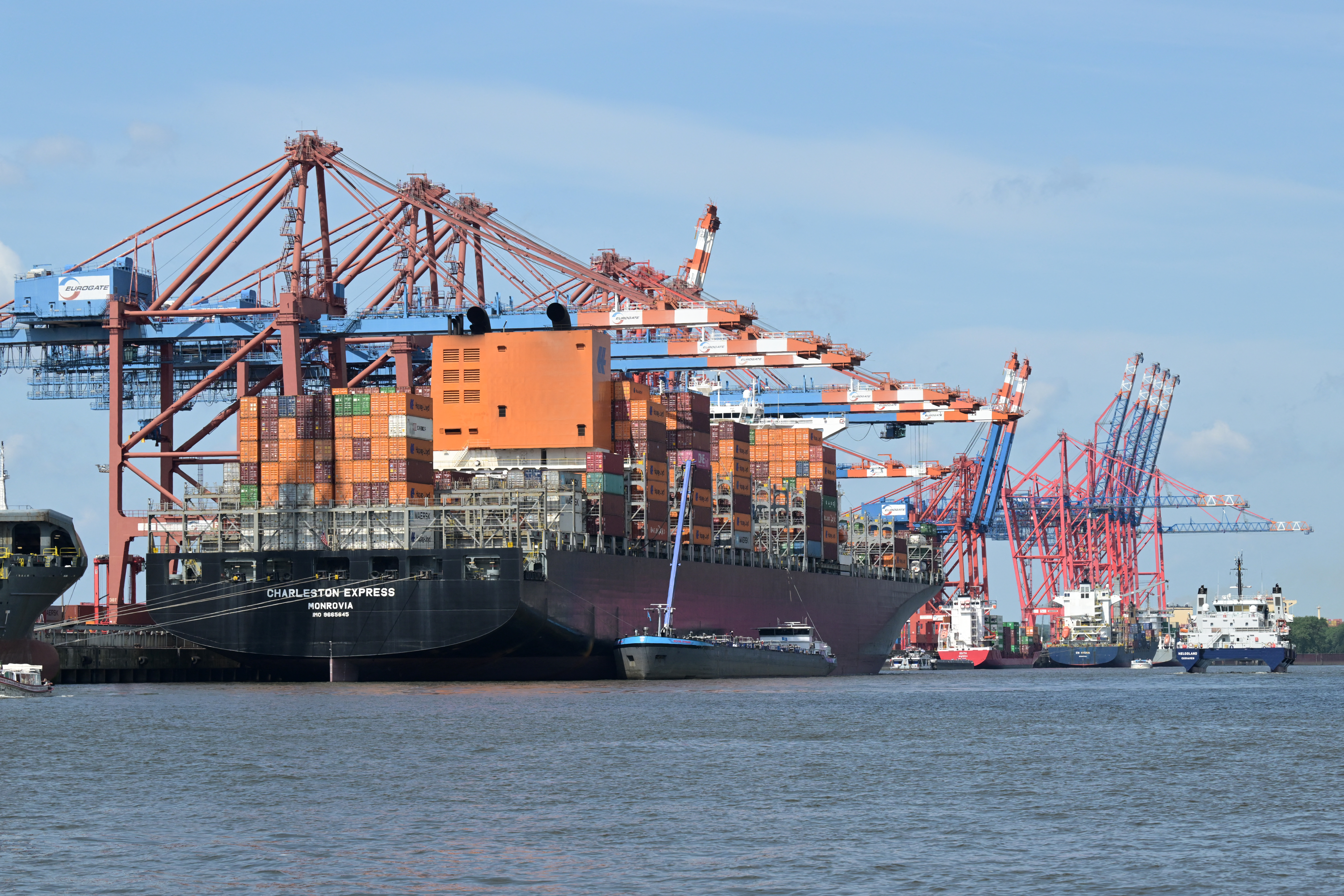
BERLIN - German Chancellor Friedrich Merz said on Tuesday that the US government should not underestimate the European Union's (EU) willingness to take similar measures in response to excessive tariffs.
Merz made the remarks at a joint press conference with Bavarian Minister-President Markus Soeder. Merz said the EU is prepared, but still hopes to resolve the issue through negotiations.
Merz said he is maintaining close contact with US President Donald Trump and European Commission President Ursula von der Leyen, intending to reach a solution quickly to facilitate trade with the United States and restore lower tariff levels.
ALSO READ: EU mulls new trade alliance to tackle tariffs
Merz said that the EU still has time to negotiate with the US until the end of July, but "this will not be easy."

Trump announced last Saturday that his administration would impose 30 percent tariffs on EU exports starting Aug 1. Von der Leyen said on the same day that the EU would introduce countermeasures if required.
Meanwhile, Germany's Macroeconomic Policy Institute (IMK) said on Wednesday that Trump’s proposed tariffs on EU exports could reduce German economic growth by around 0.25 percentage points in both 2025 and 2026.
The tariffs would likely halt German growth in 2025 and limit it to 1.2 percent in 2026, according to the IMK. This compares with the institute's earlier forecast of modest 0.2 percent growth this year and 1.5 percent next year, supported by a recovery in late 2025 and increased public investment and defense spending.
While Germany would be affected, the IMK said the economic impact on the United States could be even more severe. The tariffs are expected to raise consumer prices, erode real incomes, and dampen household consumption. With inflationary pressure likely to keep monetary policy tight, overall US growth could fall by around 0.7 percentage points, the institute said.
READ MORE: Von der Leyen says EU will be ready if US trade talks break down
The United States was Germany's largest export market until 2024, accounting for nearly 10 percent of total exports. A slowdown in US demand and knock-on effects in other economies could further weigh on German exports, the IMK warned.
Given the heightened risks, the institute said it is now even more crucial for the German government to deliver on its promised fiscal stimulus. The additional public investment outlined in the 2025 federal budget must be implemented swiftly, and further support should be secured in the 2026 budget now under discussion in parliament, said the IMK.
"A rapid implementation of the planned public investment offensive could significantly reduce the economic risks in Germany," the think tank said.


